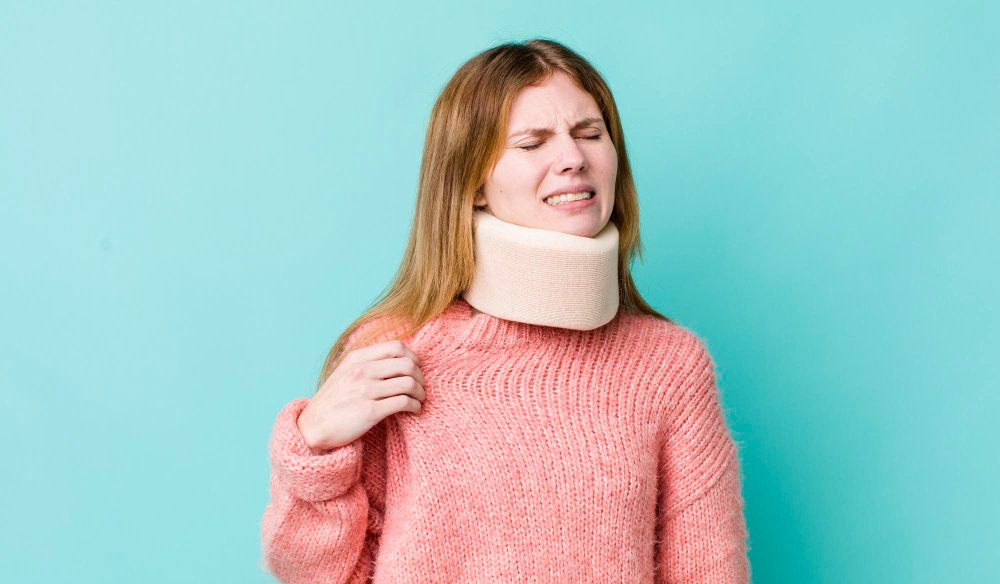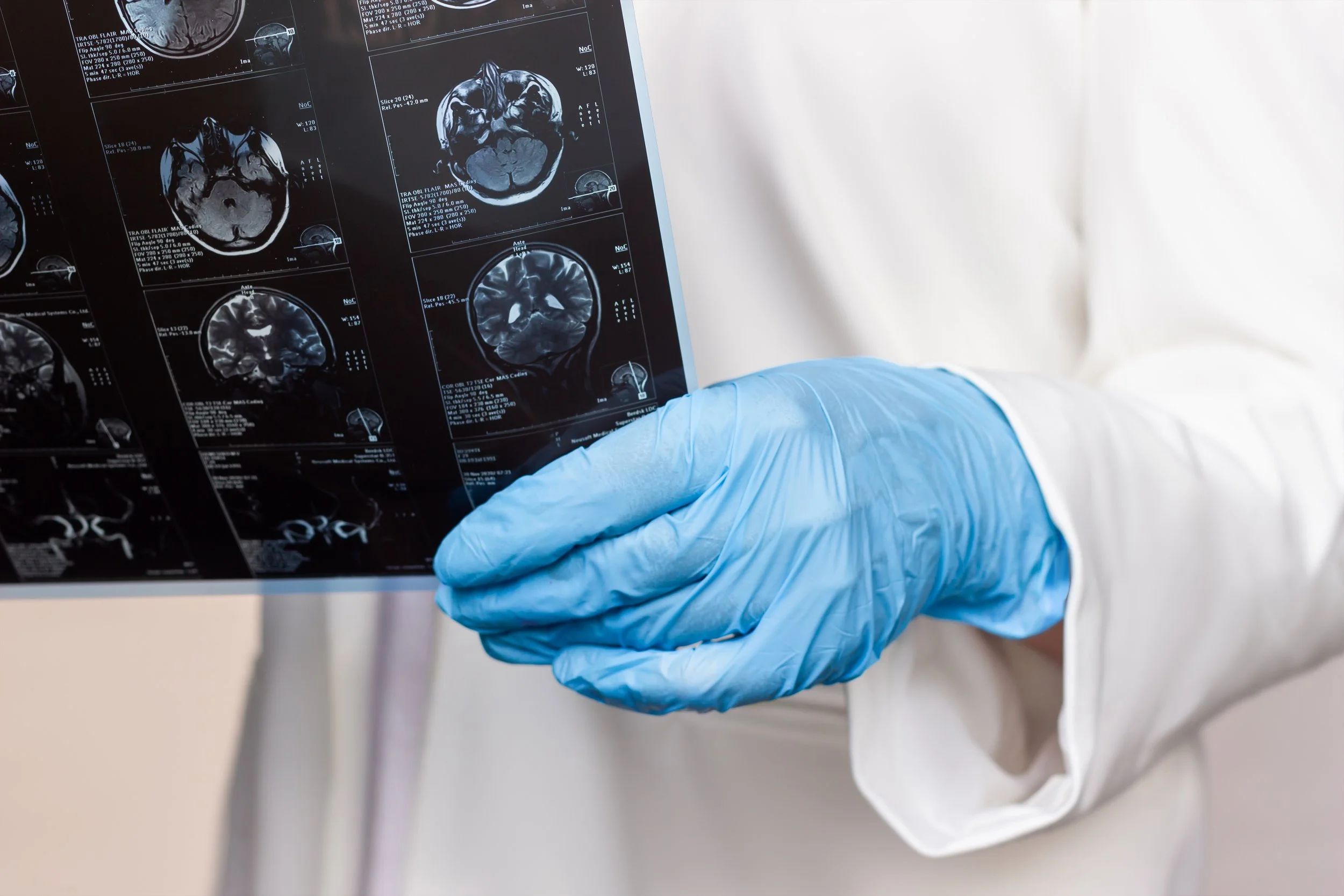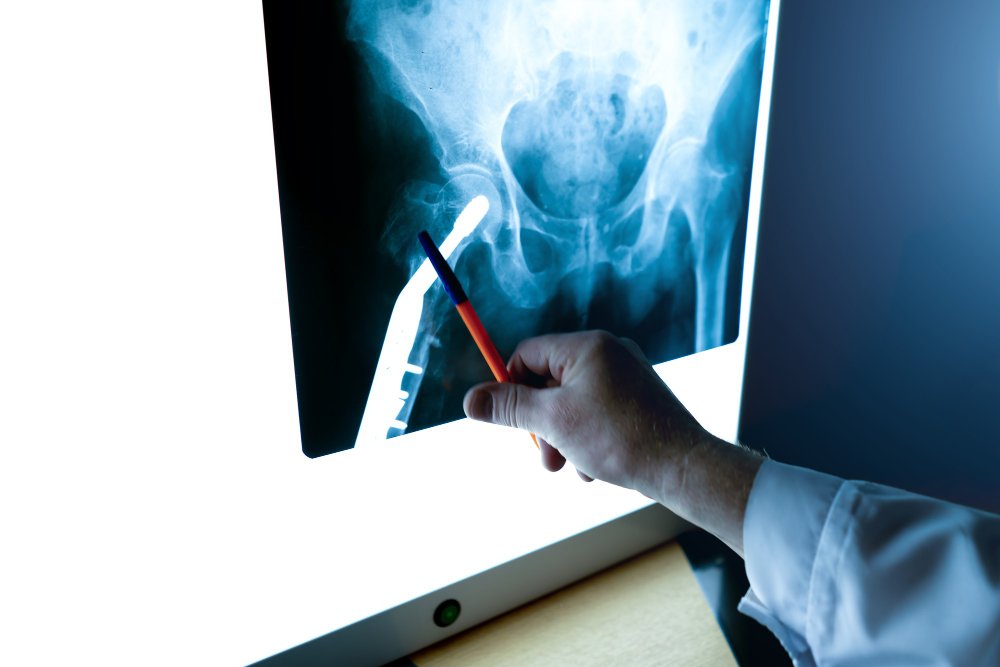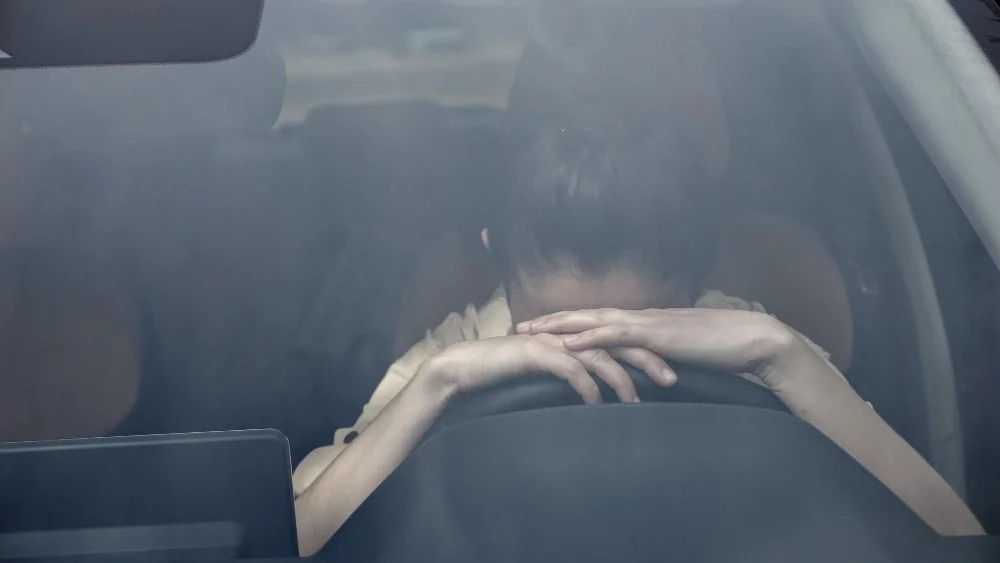Most Common Car Accident Injuries in New Jersey — What You Need to Know
New Jersey drivers face daily risks on heavily trafficked roads like the Turnpike, Garden State Parkway, and I-78. Accidents here can cause a range of injuries, from mild whiplash to life-altering trauma. In this post, we’ll break down the most common car accident injuries in New Jersey, how they affect your health and finances, and what steps you should take to protect yourself medically and legally.
1. Neck and Spine Injuries (Whiplash)
Neck and spine injuries are common after car accidents, especially in rear-end collisions. One of the most frequent conditions is whiplash, which occurs when the neck is suddenly forced back and forth. This rapid movement can strain or damage the soft tissues that support the neck and upper spine.
Common Symptoms:
Neck pain, stiffness, shoulder discomfort, headaches, and dizziness are typical symptoms. Sometimes, these symptoms don’t appear immediately—it may take several hours or days after the accident.
Why Early Treatment Matters:
Even a mild neck injury can worsen if left untreated. Whiplash can lead to chronic neck pain, muscle tightness, or reduced mobility over time. Getting a medical evaluation after any car accident helps identify underlying injuries early and prevents long-term complications.
If you notice pain or stiffness in your neck or shoulders following an accident, don’t ignore it. Seeking professional care from a doctor, chiropractor, or physical therapist can help you recover faster and restore your normal range of motion.
2. Traumatic Brain Injuries (TBI)
A traumatic brain injury (TBI) occurs when a sudden blow or jolt to the head disrupts normal brain function. This can range from a mild concussion to more serious forms of brain trauma. TBIs are often caused by car accidents, falls, or sports injuries.
Common Symptoms:
Confusion, nausea, memory loss, blurred vision, headaches, and difficulty concentrating are common signs. In some cases, symptoms may not appear immediately after the injury.
Why It’s Important to Get Checked:
Even a mild head injury can lead to long-term cognitive or emotional problems if left untreated. Prompt medical evaluation—including imaging tests like a CT scan or MRI—helps identify hidden damage and ensures proper care.
If you’ve hit your head in an accident, it’s best to seek medical attention right away, even if you feel fine at first. Early diagnosis can make a major difference in recovery and prevent complications later on.
3. Broken Bones and Joint Injuries
High-impact car accidents can lead to broken bones and joint injuries, commonly affecting the arms, legs, ribs, or hips. The force of a collision can also cause dislocations or ligament tears around major joints such as the knees, shoulders, or wrists.
Common Symptoms:
Swelling, bruising, severe pain, and difficulty moving the affected area are typical signs of a fracture or joint injury. Some fractures may not be visible at first but can worsen without prompt treatment.
Why Proper Care and Documentation Matter:
Complex fractures often require surgery followed by months of physical therapy or rehabilitation. Keeping detailed medical records and receipts from hospital visits, imaging, and treatments is essential—not only for your recovery plan but also for insurance claims and legal documentation after a car accident.
Early diagnosis and proper stabilization help ensure a smoother recovery and prevent long-term complications.
4. Internal Injuries and Bleeding
During a serious car accident, seatbelts or strong impact can cause internal organ damage or internal bleeding that may not be visible right away. These injuries often affect organs such as the liver, spleen, or kidneys, and can quickly become life-threatening if not treated promptly.
Common Symptoms:
Abdominal pain, dizziness or fainting, low blood pressure, and deep bruising around the torso are warning signs of possible internal bleeding.
Why Immediate Medical Care Is Critical:
Internal injuries are extremely dangerous because they can progress silently. Without early treatment, internal bleeding can lead to shock or even death. After a serious crash, it’s essential not to decline an ambulance ride or ER evaluation, even if you feel stable. Early diagnosis and emergency care can save your life.
5. Psychological Trauma (PTSD)
A serious car accident doesn’t just cause physical injuries—it can also leave lasting emotional and psychological scars. Many accident survivors experience post-traumatic stress disorder (PTSD), a mental health condition triggered by a traumatic event.
Common Symptoms:
Flashbacks, anxiety, nightmares, insomnia, and fear of driving are typical signs of psychological trauma. These symptoms can interfere with work, relationships, and daily life if not properly treated.
Why Mental Health Care Matters:
PTSD is a real medical condition that requires professional attention. In New Jersey, mental health injuries resulting from an accident are recognized and compensable under state law. Seeking therapy, counseling, or psychiatric care is just as important as treating physical wounds.
If you’re struggling emotionally after a crash, reach out for help. Document your symptoms and treatment progress—it’s important not only for your recovery but also for any insurance or legal claims related to the accident.
What You Should Do After a Car Accident in New Jersey
A scene of consulting with a lawyer due to a car accident. - Designed by Freepik
Even a “minor” car accident can result in serious health issues.
If you’ve been involved in a crash, taking the right steps immediately is essential for your health and legal protection.
Seek Medical Attention Immediately
Even if you feel fine, get evaluated by a doctor. Some injuries, like whiplash or internal bleeding, may not appear right away.
Document Everything
Record all symptoms, medical visits, diagnoses, and treatments. Photos of injuries, the accident scene, and vehicle damage can also be crucial for insurance and legal purposes.
Consult a New Jersey Personal Injury Attorney
A qualified attorney can explain your rights under New Jersey’s no-fault and liability laws, guide you through insurance claims, and help you pursue compensation if needed.
File Your Personal Injury Protection (PIP) Claim Promptly
PIP benefits can cover medical expenses and lost wages. Filing quickly ensures timely access to benefits and protects your legal rights.
Taking these steps promptly not only supports your recovery but also safeguards your financial future.
Don’t delay: get medical help, document everything, and consult an attorney after a car accident in New Jersey.
© 2025 [Blessen Abraham]. All rights reserved.

















